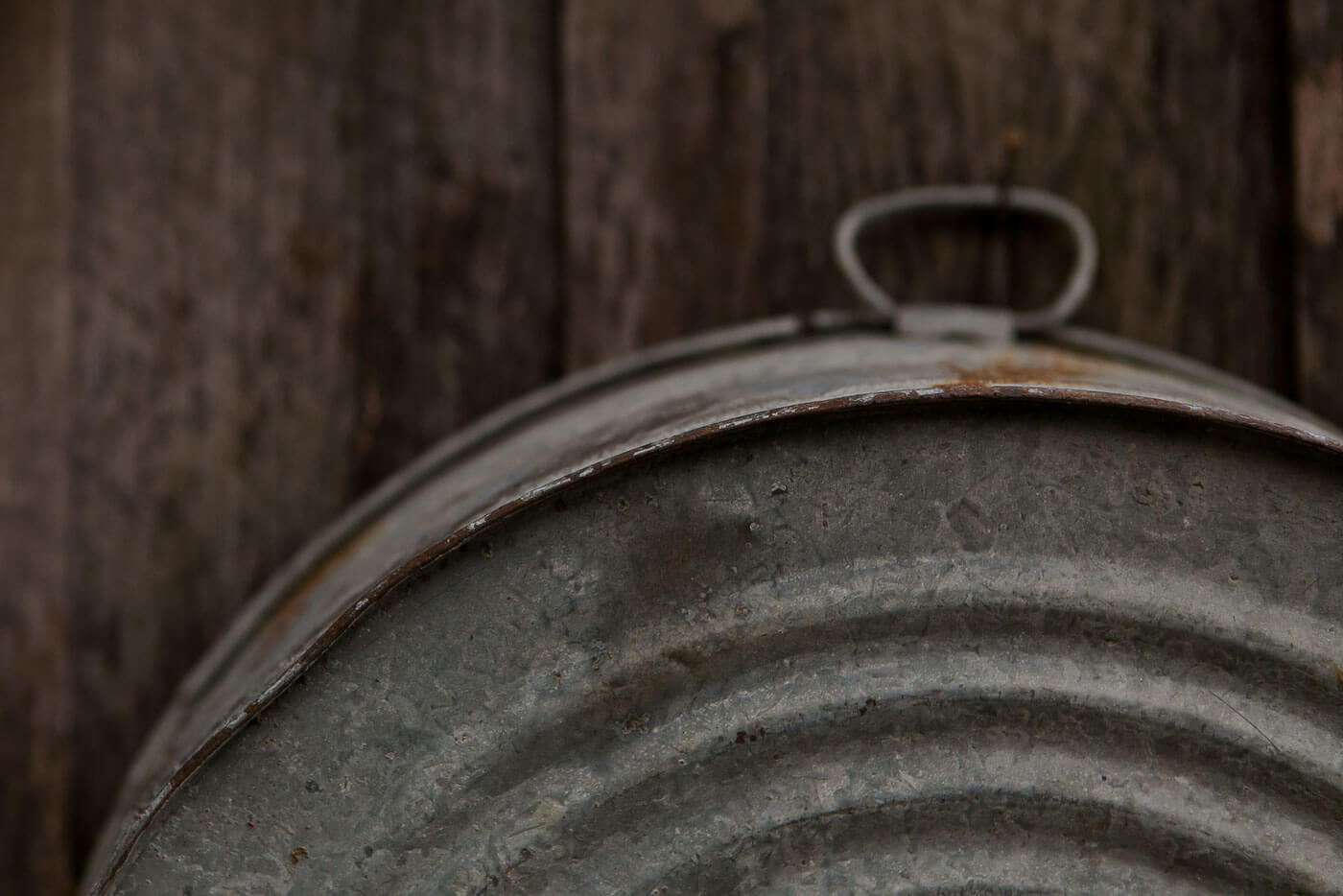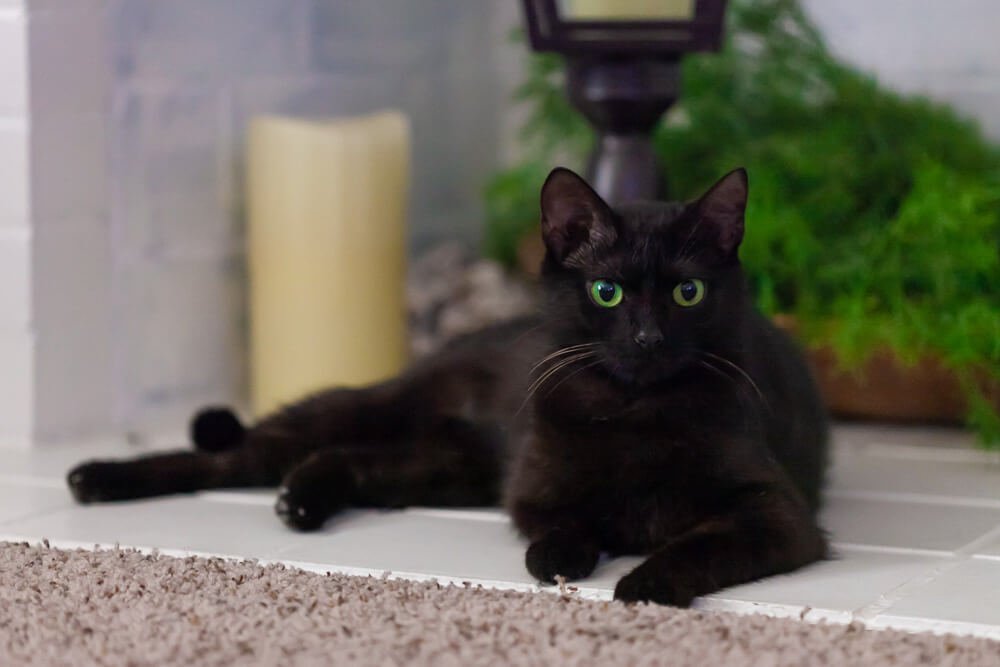the shop
amanda borders | mystery writer & editor
Quill&Glass
Quill&Glass
amanda riley | mystery writer & editor
writing | Editing | photography
about
editing
blog
contact
resources
shop
menu
writing • editing • photography

February 28, 2018
Is Ned Dead? A writer’s (and reader’s) guide to speaking Southern
There’s a whole lot more to speaking Southern than y’all and yonder. Want to improve your grasp of Southern sayings so you can write a Southern character, or at least read one? You’ve come to the right place. Pull up your chair and sit a spell.
This page may contain
affiliate links. click here
for more information
This page may contain affiliate links. click here for more information
Growing up in the South, I assumed everybody in the US spoke the same language we did.
Well, with slightly different accents. Our neighbors did have some Yankee grandkids, after all. Imagine my surprise when people I met in college looked at me like I’d lost my mind when I said I was fixin’ to go to the library.
A few years later, my brother married a California girl, and we’ve had lots of fun translating for her as she adjusts to life in the South.
It turns out, the South has not only its own accents (yes, there’s more than one and that tortured Southern twang Hollywood is so fond of gets old real quick), but also its own language. And just as accents can vary from state to state, or even county to county (I’m looking at you, Marshall County, Kentucky), colorful expressions common in one area of the South might be unheard of in another. I grew up in western and southern Kentucky, with a little dash of Tennessee thrown in via my grandparents, so those are the regional colloquialisms I’m most familiar with.
In my Fox Sinclair mystery series, set in a small town in Tennessee, most of the characters are fluent in Southernisms, but none more so than Maudie. The grandmother of Fox’s best friend, Maudie gets her love of quirky sayings from my own grandmother, Momae, who definitely had her own way with words.
Since Maudie uses so many colorful expressions, I thought I’d share the meanings of some of the ones I’ve grown up hearing. Now if you come across them in the books, you’ll know where to come for a translation.
How to Speak Southern: Part 1
If the good Lord’s willin’ and the creek don’t rise
Southerners know better than to get cocky about their control over the future. Inviting someone to your wedding? They might tell you this to indicate that they intend to be there, barring an act of God or nature.
I have family in the hills of eastern Kentucky, and at least as late as the 1970s, one of the ‘roads’ in that community was actually a dry creek bed. Until it wasn’t. So while it might sound strange to city folk, a rising creek could literally keep people stuck at home until the water went down. And we all know that sometimes the good Lord just has other plans for us, so this is a Southerner’s way of letting you know that if they don’t show up, it wasn’t by choice.
Cold as a wedge
This one usually refers to food, at least in my experience. If your hands are cold, they’re probably cold as a frog. But, feel free to use it for whatever you like. What’s a wedge and why is it so cold? No idea. But let me heat that biscuit up for you. It’s cold as a wedge. Actually, never mind. Cold biscuits left on top of the stove all day are manna from heaven.
Fixin’ to
This is the one that confounded my college friends. And utterly confused me. I sincerely thought everyone said fixin’ to. And understood what it meant. I’ve seen it defined as “about to” or “getting ready to,” but I think it has a little more subtlety than that. Someone who’s fixin’ to do something probably shows no sign at all of getting started. The preparation is all mental, but make no mistake, it’s there.
Which may explain why “I’m fixin’ to” is often said with at least trace of annoyance.
In mixed company
To be fair, I don’t think people say this as much as they used to. As a teenager, I once horrified my mom by recounting some conversation that had taken place at school. I’ll never forget her saying that whatever the topic was, it shouldn’t be discussed in mixed company. That is, with both boys and girls at the same time.
While it may seem quaint and old fashioned (I certainly thought so at the time), these days I can see that there’s something to be said for leaving certain things to the imagination. Maybe it’s just my age showing. Then again, have you ever watched an episode of Game of Thrones in the same room with your dad? Yeah. That whole mixed company thing is starting to make a lot more sense now, isn’t it?
Is Ned Dead?
If I’m perfectly honest, I’ve only ever heard this one from my own family, but since I foresee Maudie using it, I thought it should make the list. It was one of Momae’s favorite expressions, and most of us picked it up from her. The correct response, by the way, is “I didn’t even know he was sick.”
Want to drop this one into conversation? I know you do, so let me offer a little usage instruction. Is Ned dead? is kind of another way to say Duh. But less rudely. When someone asks, “Do you want a piece of pie?”, for example, “Is Ned dead?” is a perfectly reasonable response. To which they can reply, as they go to get your pie, “I didn’t even know he was sick.”
It makes no sense, so don’t worry if you don’t understand it.
Not too long ago, I decided to scour the internet to see if my grandmother had invented this phrase out of whole cloth (it’s been known to happen), or if other people actually said it. It turns out, Is Ned dead? comes from an old, and fairly obscure, Johnny Cash song called Foolish Questions. So I’m guessing that there are probably other people out there who use this one, too.
Y’all come back now.
That’s all she wrote for this installment of How to Speak Southern. I’ve only scratched the surface, though, so expect more lessons in the future. You’ll be fluent before you know it.

Want to know even more about the South? Check out S is for Southern: A Guide to the South, from Absinthe to Zydeco. I’ve got it from the library and haven’t worked my way through the whole thing yet, but with entries like Allman Brothers and kudzu, how can you go wrong?
Do you, or someone you know, say “Is Ned dead?”
Let me know in the comments.
I’d love to find another family as crazy as mine.
Praesent leo risus, sodales sed fermentum vitae, ornare ut metus. Maecenas ornare pellentesque metus a commodo. Lorem ipsum dolor sit amet, consectetur adipiscing elit. Suspendisse sed nibh non nisl finibus imperdiet.
Writing Routine
Tracker
free printable
send me the tracker


